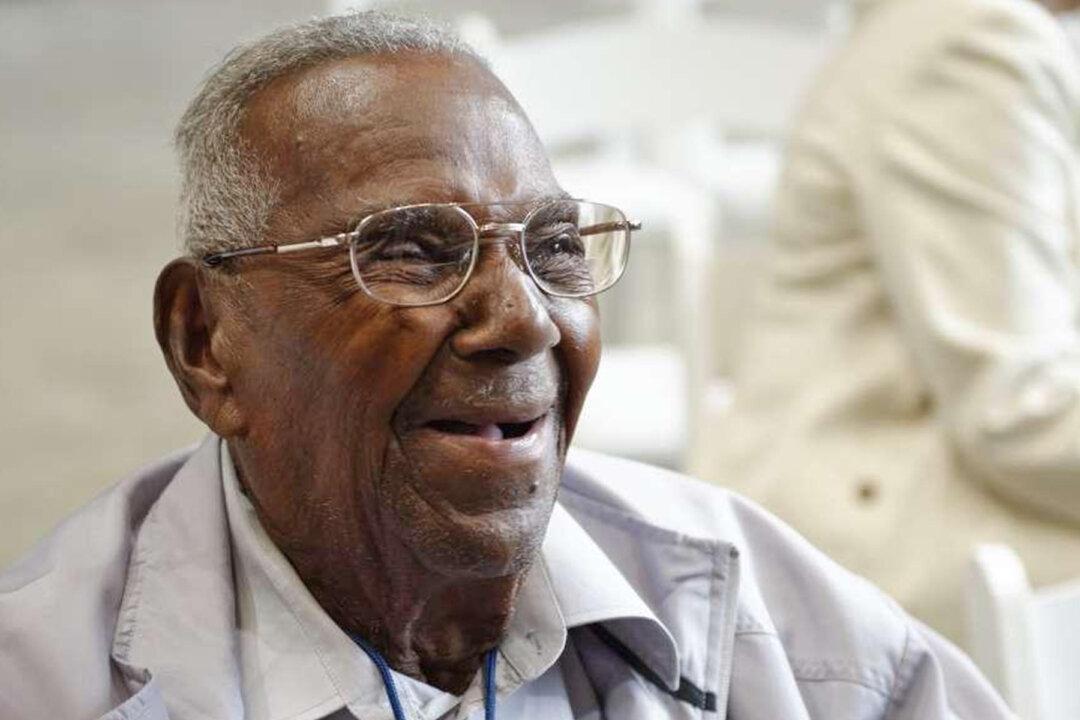The nation’s oldest living World War II veteran, Lawrence Brooks, is about to turn 111 years old.
Brooks will ring in his 111th birthday in Louisiana on Sept. 12. For five years, Brooks has celebrated his birthday at The National WWII Museum in New Orleans among a melting pot of military veterans, family, friends, and local well-wishers. However, in light of the ongoing pandemic, the museum has had to change its itinerary.





